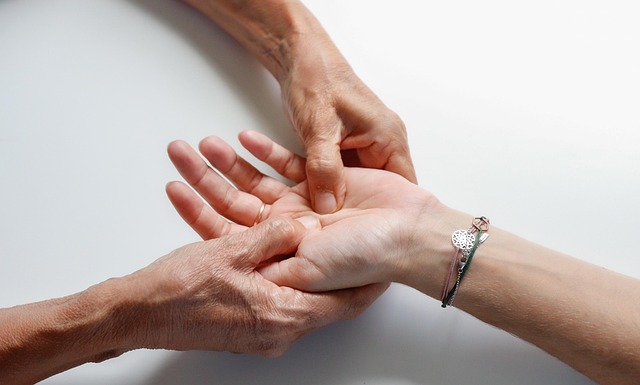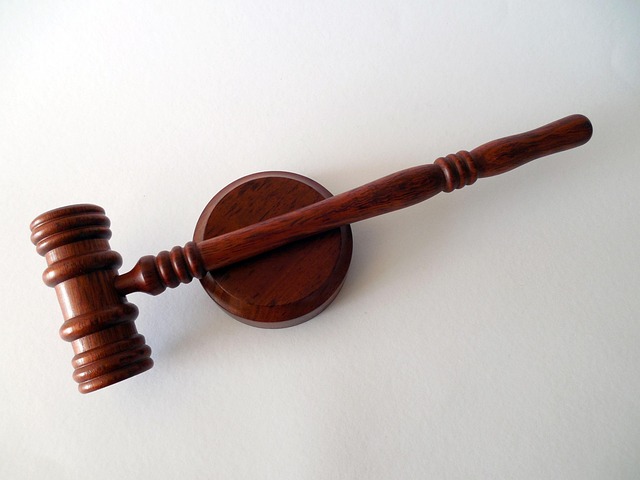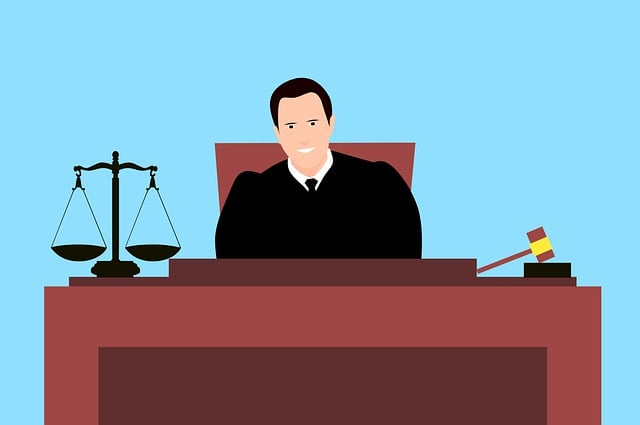In contemporary law, understanding domestic partnerships is vital for wrongful death beneficiaries, especially in U.S. states recognizing common-law marriages. These partnerships allow survivors to claim compensation through personal injury claims, reflecting societal acceptance of diverse family structures and ensuring justice. Specialized attorneys guide beneficiaries through complex legal scenarios, including medical negligence or business disputes, protecting rights and pursuing fair compensation, particularly in partnership dispute cases.
In today’s evolving landscape of relationships, domestic partnerships are becoming increasingly recognized. This article explores the rights of these coupled individuals as potential wrongful death beneficiaries. We delve into the growing legal recognition of domestic partnerships and the vital support systems they provide. Understanding the process, from exploring available wrongful death benefits to navigating complex legal procedures, ensures that partners can claim compensation during difficult times.
- Understanding Domestic Partnerships and Their Legal Recognition
- Exploring Wrongful Death Benefits for Partners
- Navigating Legal Procedures to Claim Compensation
Understanding Domestic Partnerships and Their Legal Recognition

In contemporary legal landscapes, understanding domestic partnerships and their legal recognition is paramount, especially when delving into issues like wrongful death beneficiaries. A domestic partnership, often referred to as a common-law marriage in some jurisdictions, is a relationship between two people who live together and share a committed union akin to that of married couples, without an official marriage license. This arrangement has gained significant legal recognition across various states in the U.S., acknowledging the rights and responsibilities of these coupled individuals.
The significance of this recognition is profound when it comes to wrongful death actions. In cases of medical negligence or product liability resulting in a partner’s untimely death, legally recognized domestic partners can now step forward as beneficiaries, seeking justice and compensation through personal injury claims. This evolution in legal perception underscores the changing societal norms and the increasing acceptance of diverse family structures, ensuring that domestic partners are not left vulnerable in the wake of such tragedies.
Exploring Wrongful Death Benefits for Partners

In many jurisdictions, domestic partners are increasingly recognized as rightful claimants in wrongful death cases. This development offers significant support for couples who, despite not being legally married, share a profound commitment and financial dependence on each other. Exploring wrongful death benefits for partners broadens the legal protections available to these relationships, ensuring that survivors receive adequate compensation following an untimely death.
When a partner is wrongfully terminated due to medical malpractice or other negligence, their surviving domestic companion may be eligible to pursue damages. This includes not only emotional distress and loss of companionship but also financial support and insurance coverage disputes. Understanding the rights of these couples is essential in navigating complex legal landscapes and ensuring that justice is served for all involved.
Navigating Legal Procedures to Claim Compensation

Navigating the legal procedures to claim compensation as a wrongful death beneficiary can be a complex and emotionally charged process. It requires a thorough understanding of the applicable laws and regulations, which may vary significantly from one jurisdiction to another. In many cases, those affected by a wrongful death will need to consult with an experienced attorney who specializes in such matters. These legal professionals are equipped to guide their clients through the intricate web of paperwork, court appearances, and negotiations, ensuring that all necessary steps are taken to protect the rights of the beneficiaries.
When dealing with medical negligence or business litigation as a result of a wrongful death, the process can become even more complicated. For instance, in cases where partnership disputes are involved, it’s crucial to have a clear understanding of the legal framework governing partnerships and the specific circumstances that led to the wrongful death. This involves meticulous documentation, expert testimony, and strategic legal arguments to ensure that the beneficiaries receive fair compensation for their loss.
In recognizing the evolving nature of relationships, many jurisdictions now grant domestic partners rights similar to those of spouses, including the right to seek compensation as wrongful death beneficiaries. By understanding the legal framework surrounding domestic partnerships and navigating the procedures for claiming benefits, individuals can ensure their loved ones are protected and receive fair compensation in the event of an unfortunate loss. This comprehensive guide aims to empower folks to take informed steps in securing their partner’s future amidst such challenging times.






